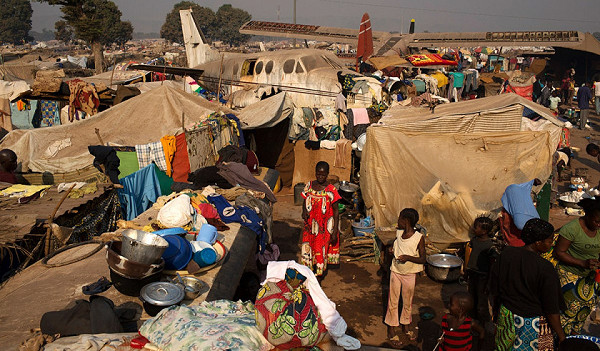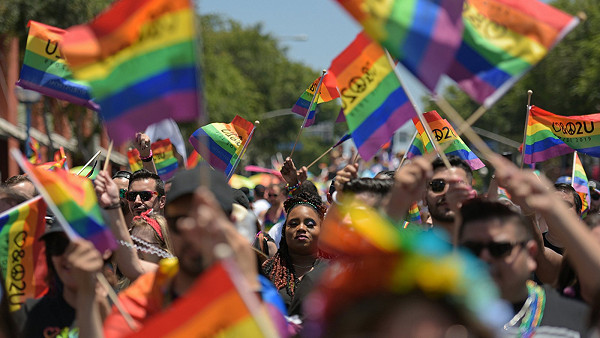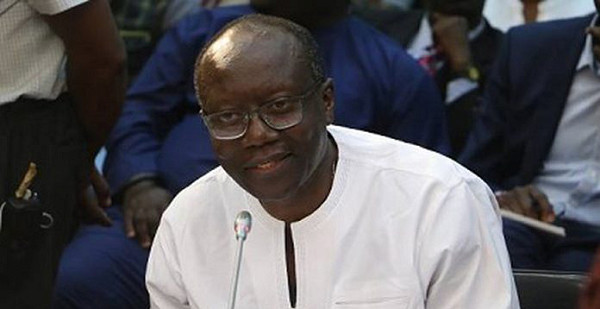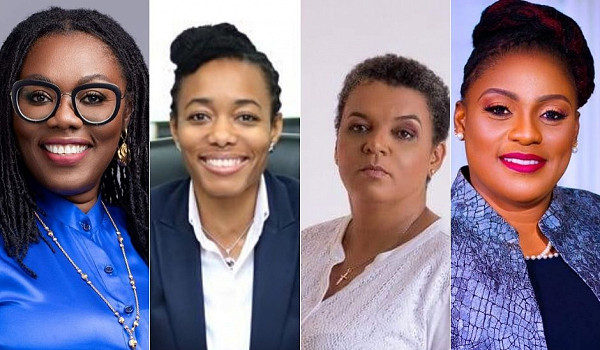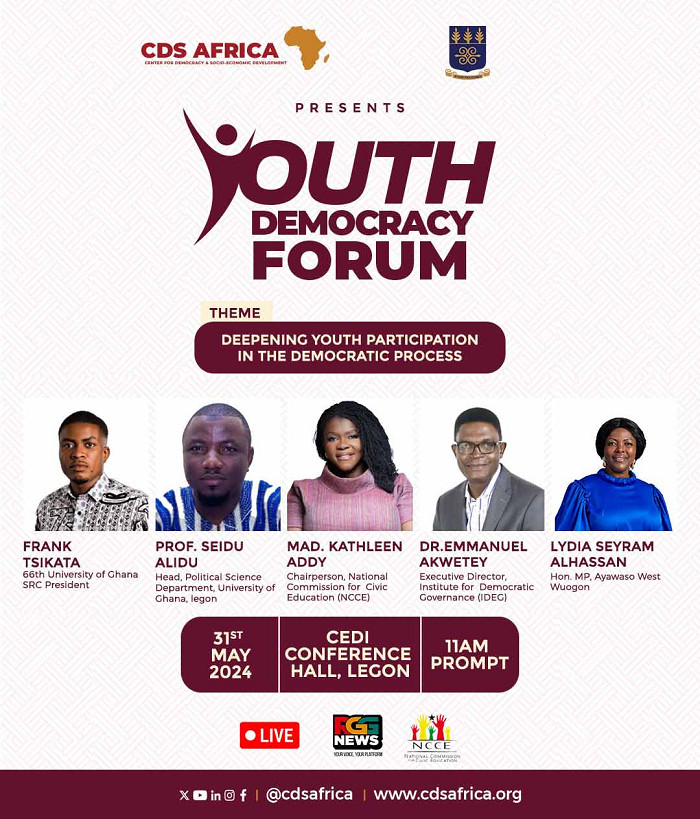As Nigeria celebrates the inauguration of its newly elected civilian President, Bola Ahmed Tinubu, we are once again reminded of the significance of this momentous occasion. Not only does the occasion mark a new chapter in Nigeria's democratic history, but it also commemorates the 16th anniversary of the country's first peaceful transfer of power in 2007 between civilian leaders. Nigeria has come a long way from violence and turmoil triggered by elections in the past.
While we join in the celebrations and congratulate Nigeria for this achievement, we cannot ignore the controversies and allegations that have plagued the recent Nigerian elections of 2023. Significant claims of corruption including voter intimidation, vote buying, manipulation of electoral records, and the involvement of corrupt officials have raised serious concerns about the state of democracy and governance in Nigeria. These challenges have cast doubt on the principles of free and fair elections, raised questions about the concentration of power, and eroded public trust in the democratic process.
The 2023 Nigerian elections have unveiled a host of issues that continue to impede the country’s democratic development. Allegations of corruption have tainted the electoral process, encompassing voter intimidation, vote buying, manipulation of electoral records, and involvement of corrupt officials. These controversies have not only challenged the legitimacy of the elections but have also shaken the public's trust in the democratic system. These practices have eroded the initial aspirations for openness and fairness, raising concerns about the state of democracy and governance in Nigeria. Technical glitches, claims of defects, legal disputes and lack of accountability further undermine the credibility of the electoral system.
The controversies surrounding the elections have cast a shadow over the entire electoral process, threatening the legitimacy of the outcomes and eroding public trust. Instances of election rigging, including tampering with ballot boxes and manipulating voter records strike the heart of the principles of fairness and transparency that are essential for a functioning democracy. Moreover, reports of voter suppression tactics and acts of violence against opposition supporters create an atmosphere of fear and intimidation, stifling the citizens’ ability to exercise their democratic rights freely.
The journey towards a truly democratic Nigeria has been a tumultuous one. The country has experienced periods of violence and loss of lives triggered by state and federal elections. The post-election violence in 2011, in particular, stands as the darkest chapter in Nigerian political history, claiming the lives of at least 800 people. Despite these unfortunate incidents, Nigeria has made progress in its electoral history, and must continue to commit to do away completely with these episodes of chaotic elections. We acknowledge that there is much more to be done to reach the pinnacle of absolute democracy.
The dismissal of the court challenge against President Tinubu's victory without a thorough investigation raises concerns about the credibility and fairness of the electoral system. Such dismissals without proper scrutiny not only undermine the pursuit of justice but also set a worrying precedent for future election disputes. The lack of independent oversight and transparent investigations erode public trust in the judiciary as a safeguard for democratic processes. These issues highlight the need for strengthened institutional mechanisms to ensure accountability and fairness. Nevertheless, amidst these controversies, former Lagos State Governor Bola Tinubu emerged as the newly inaugurated President, following the dismissal of Atiku Abubakar’s court challenge.
However, Tinubu’s ascension to power raises valid raises concerns about the concentration of power within political elites and the potential for corruption and abuse. Past allegations of financial impropriety and nepotism against Tinubu further fuels these apprehensions, as they undermine the principles of accountability and equal representation that are crucial for thriving democracy. The concentration of power in the hands of a few can also lead to a lack of checks and balances, posing risks to democratic governance and fostering an environment ripe for abuse.
Amidst these challenges faced, there have been positive strides in recent years. The utilization of technology, such as biometric voter registration and electronic voting, has shown promise in enhancing transparency and accountability in the electoral process. By implementing advanced mechanisms and ensuring their effective implementation, Nigeria can strengthen the integrity of its elections and mitigate fraudulent practices. Furthermore, prioritizing education and civic engagement programs can empower citizens, equipping them with the knowledge and skills to actively participate in the democratic process.
To overcome the hurdles that impede democratic progress, Nigeria must strengthen its institutional frameworks. Independent bodies such as the Independent National Electoral Commission (INEC) must be adequately empowered and resourced to fulfil their roles effectively. Enforcing stricter regulations, conducting impartial investigations into electoral malpractice, and holding individuals accountable for their actions will send a clear message that Nigeria is committed to upholding democratic values. By addressing the concerns surrounding the concentration of power, combating corruption, and implementing comprehensive reforms, Nigeria can pave the way for a more inclusive, transparent and vibrant democracy.
Nigeria's journey towards democracy has faced triumphs and challenges. The 2023 elections were marred by allegations of rigging, voter suppression, and violence, raising concerns about democratic governance. A lack of transparency, accountability, and fairness in the electoral process erodes public trust and jeopardizes Nigeria's stability and development. However, there is still hope as the Nigerian people call for action to ensure free, fair, and credible elections. The Independent National Electoral Commission (INEC) must take responsibility and implement stricter regulations to promote an orderly and democratic process. Strengthening the electoral system, conducting impartial investigations, and holding individuals accountable will restore legitimacy and rebuild public trust. Comprehensive electoral reforms and civic participation initiatives can empower the Nigerian people to demand integrity. Nigeria can still strive for a future that upholds justice, equality, and inclusivity through collective efforts driven by the commitment of the people and institutions like INEC.



